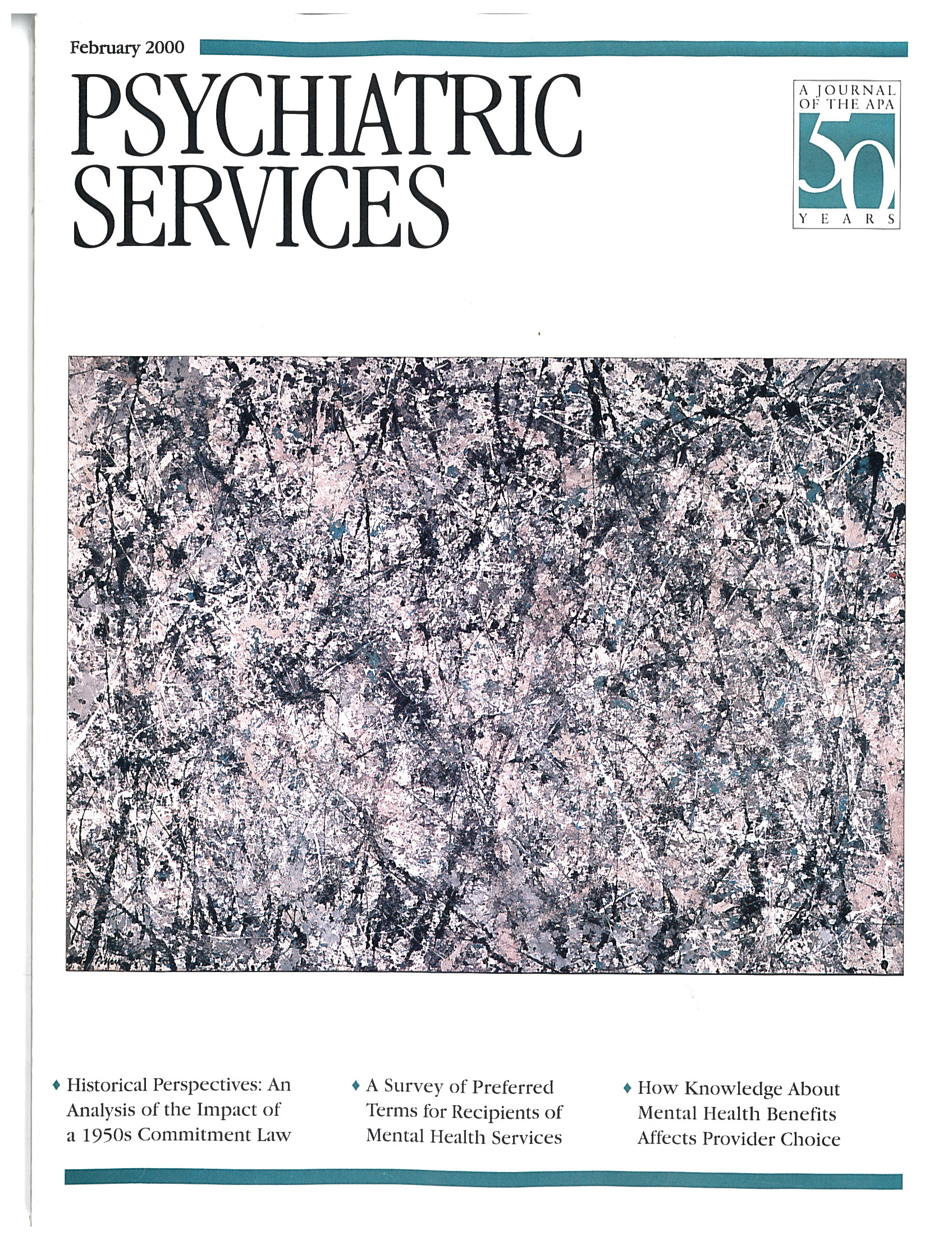Two years after the formulation of the Draft Act Governing Hospitalization of the Mentally Ill, the National Institute of Mental Health has published a revised version, which is being circulated this month.
The foreword is by Dr. George S. Stevenson, Medical Director of the National Association for Mental Health, one of the agencies which helped prepare the revisions.
In this foreword Dr. Stevenson declares that if a patient is to be committed to an institution, society has a clear obligation to make this deprivation of his liberty an act of good faith.
"Anything which aggravates his illness unnecessarily is a violation of this principle," Dr. Stevenson says; "…the law cannot fully replace common sense. Peremptory or superficial medical examinations are able to negate a wise law….
"There are many steps needed to improve our provisions for the mentally ill. Basic to all these improvements, however, is adequate provision in law for all aspects of proper treatment of the mentally ill. One primary consideration in such basic legislation has to do with statutes that can adequately protect the rights of individuals and at the same time make possible suitable and medically sound commitment procedures. The provisions of this Draft Act can be sincerely recommended as a forward step in our handling of the mentally ill and in the maximum utilization of our mental hospital facilities.
The revisions contained in the new version are all designed to improve care and handling of the mentally ill. It is made clear that hospital superintendents have a duty to admit any individual in an emergency; the possibility of an individual's injuring himself or others constitutes grounds on which a health or police officer may recommend that the patient be hospitalized. An added recommendation calls for the head of the admitting hospital to report to the state or other central administration. Rather more latitude is permitted to a central administration in developing certification procedures which best fit local needs.
A new section specifically excludes from hearings all persons not having a legitimate interest in the hospitalization of a patient. Emphasis has been placed upon the importance of family ties to the restoration of the patient and greater emphasis upon the patient's convalescence.
The introduction to the Act has been revised to clarify the basic criteria used in identifying the mentally ill. A separate statutory approach is recommended for the mentally deficient. Alcoholics and psychopaths are included in the provisions of the Act, but only to the extent that the individual may meet the criteria set forth in the definition. Another revision clarifies the types of information which may be disclosed from the patient's confidential medical record.
The central administration is given additional and specific powers to investigate, by personal visit to the hospital, the commitment procedures of all new patients and complaints by the patient or his relatives.

